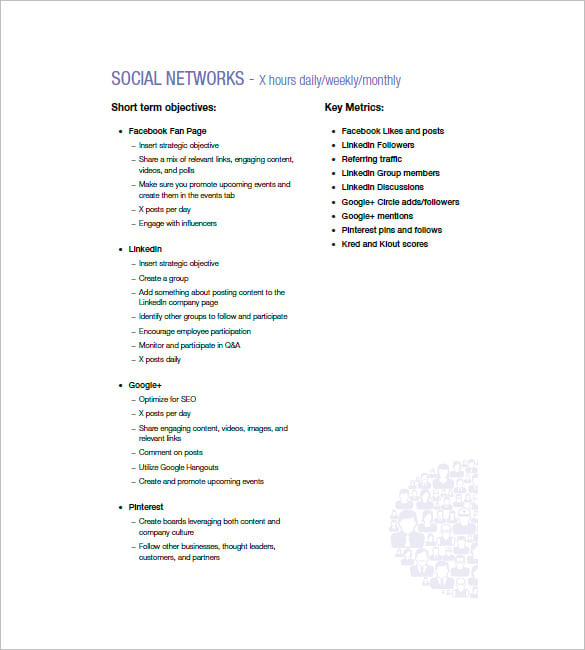A daily planner can help you get productive, keep track of special dates and make sure you keep appointments. The best part is Canva make it easy to design your own daily planner using an intuitive drag and drop approach, without any fancy design software in sight. Campaign Planner RPGs: d20 System / OGL Product (D&D 3.0 Compatible) d20 System. D20 System / OGL Product (D&D 3.5 Compatible) d20 System. RPG Systems: d20 System. Alternate Names: Fans: 0. Corrections Clone Customize View. ObjectID: 17524. Campaign PLANNER. Not only can this high-quality notebook be customized to perfectly fit your needs, but the unique disc-based binding lets it keep up and adapt as your needs change. Add, remove, and rearrange pages, swap out the cover, upgrade the binding discs, and even snap in a variety accessories. Quest and plot ideas for any adventure. Random Plot Hook Generator. Quest and plot ideas for any adventure. The pc’s must acquire an artifact from the hoard of a fiendish-black dragon that resides in the swamps of Othrys on the plane of Carceri. Non-player characters, also called NPCs, are an important part of many D&D campaigns. NPCs often guide characters throughout your campaign by offering advice and hints. When listing the NPCs in your campaign, it can help to write a short description for each one.
D&d Campaign Planner Pdf 2017
The books are similar in many ways. Both have page after page of forms for the GM to fill out. This book includes the following:
Basic Campaign Information: Includes space for name, publisher, DM and players.
Published Resources Allowed in Campaign: This includes book title, publisher, pages or material allowed and book code.
World Overview: These pages include spots for numerous different entries including deities, holidays, regions, guilds, churches, towns, cities, and other goods.
Rumors, Themes and Plot Threads: Wide generous spaces with notes for various levels (low, mid, high, epic).
NPCs: These cards are very similar to those produced by The Game Mechanics. They have places for all the major stats, but might've been a little better by abbreviating the AC and HP information and providing some typed out common skills, and more room for the attacks. Another half page allows you to keep track of what I'd call walk on or minor NPCs with name, race, class/level, location and any distinguishing traits and notes.
Character Reference: These pages may see some heavy use in my campaign depending on how my current method is going. See, these pages keep track of character name, hit points, initiative, armor class, ability scores, saving thows, speed, weapon in hand, and common skills, as well as a space for other information like special modifiers and non-combat information. Right now I'm using a combination of the Game Mechanics cards and Index Cards. I like this because it's everything at a glance.
Items: Page for items not identified with spaces for what the item is, where it came from, value, and how many charges. Another useful chart tucked at the bottom is wealth, and an appropriate wealth per character by level. This is good for me because I run a mainly outdoor style campaign that doesn't rely on dungeons so the party is occasionally under funded and this can quickly let me know what wealth level they should have.
Calendar: No doubt about it, this calendar wins over the Ronin Arts one. It's broken up by months and a daily calendar, as opposed to making your own calendar as pages 12-13 of the Planner have you do.
Session History: Another standard form where you write down date, adventures, events, accomplishments, total XP earned and story break point.
XP Log: Ah, how many times do I wish I had this in the past. This is a big win over the Campaign Planner because it's something I can use for all the players. It's broken up by characters and goes by date, gained xp ,spent/lost xp, ending xp. Perfect for those math illiterate players or those who just cheat.
Rules Reference: Spot to note any variant rules in play or any important rules you keep forgetting.
House Rules: Well, you knew with a rules reference that there would have to be a place for house rules.
Custom Encounter Table: Place with all environments and the good old twenty possible encounters.
One of the benefits here is that the front cover has a few important things for those like me, always in search of little important bits. How about some random NPC traits? How about tavern names or even NPC names? Now you can met Osydeus the Blade at the Pearly Rooster or Turog Zak who suffers from boils. The rear cover has something equally cool, a 1-30 table where you can use a dry-erase market to keep track of initiative for characters and monsters. Perfect stuff.
Now the bad news is that I find I would use both this and the Campaign Planner. In addition, I find that while the price of this product in and of itself is great, if they could've included either a CD or a code to get an electronic version of this product, that it would be far superior than it is. A lot of information here, especially on the player tracking side, will change, and change rapidly. Some of it like the encounter tables to customize, need to be done for various regions and would need different copies of the key product.
People are going to get use out of the little bonuses this product has and if you're not already using Ronin Arts Campaign Planner, that the DM Campaign Tracker is worth a look.



